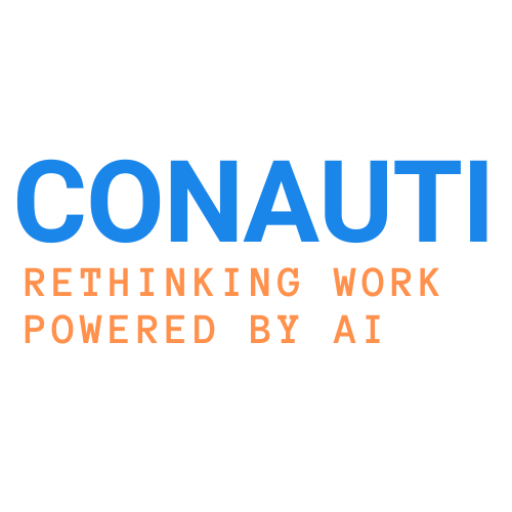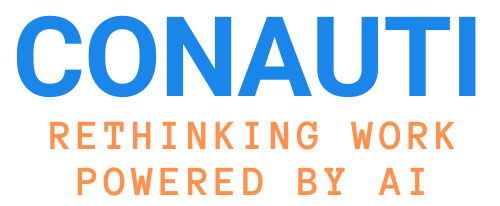How AI is developed and used will have a significant effect on society for many years to come.
We have 7 principles to develop AI Products.
- Be socially beneficial
- Avoid creating or reinforcing unfair bias
- Be built and tested for safety
- Be accountable to people
- Incorporate privacy design principles
- Uphold high standards of scientific excellence
- Be made available for uses that accord with these principles

Responsible AI
The business case for responsible AI
Responsible AI Practices
Incorporating responsible AI practices is a smart investment in product development. With this we can reduce development costs through a reduction in downstream ethical breaches. Three keys components: Reducing harms from unfair unvias; Improving transparency; increasing security.
Attract and Retain Top Talent and Maintain strong trust and branding.
Responsible AI trailblazers attract and retain top talent.
When we use Responsible AI mitigate any type of risk that damages our trust and our brand with our customers.
Safeguardian
Cibercerutiy and data privacy concerns represent the biggest obstacles to AI adoption. We need to very carefully about how we collect, use and protect data. For evey usd. 1 invest in strengthening data privacy the average company will see a return of usd. 2.70.
Advance Regulation
Preparing in advance AI regulation. Comply with Regulation reduce risk of non compliance whe regulation does take effect. The impact in doen’t comply the regulation are 13% regularoy penalties, 34% business disruption, 25% productivity loss, 27% revenue loss.
Revenue Growth
Responsilble AI can improve revenue growth. Work with this, we can get: large target market, competitive advantage and improved engagement with existing customers.
Powering up partnerships
Responsible AI is powering up partnerships. Sustainable investing includes any investment wich takes ESG factors and risks into account, such as greenhouse gas emissions, diversity initiatives, and pay structures.
Best Practices in Conauti
What did We learn?
Comittee
(1) Assembling a review committee diverse in cultural identity, expertise and seniority.
Adoption
(2) Is important for the adoption of our AI Principles, to get both top-down and bottom-up support and engagement.
Education
(3) Responsible AI adoption comes from educating our teams
Team Align
(4) It’s important to recognize that the goals and motivations of the business and the responsible AI team align, since responsible AI equals successful AI.
Psychological
(7) Investing in psychological safety.
Transparency
(5) We strive for transparency in our responsible AI governance process and developing a system to keep track of alignment plans including issues, mitigations and precedents.
Goal
(8) The Efficiency is not the primary goal of an AI principles process.
AI Journey
(6) On our responsible AI journey, we’ve also recognized the importance of a humble approach
Attention
(9) Start with the assumption that each AI application needs attention.

